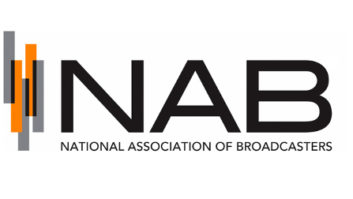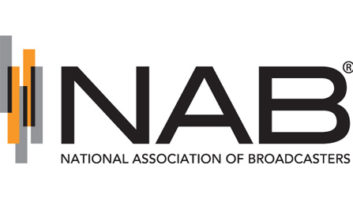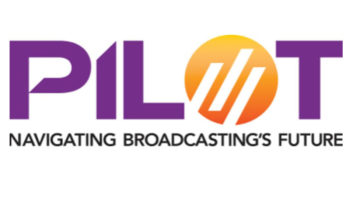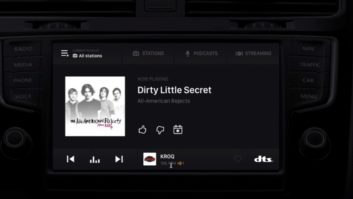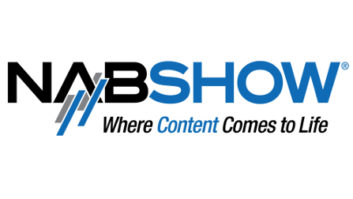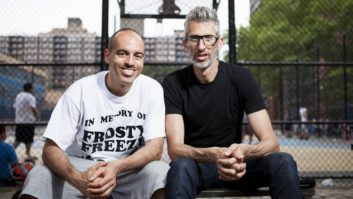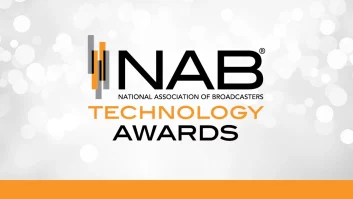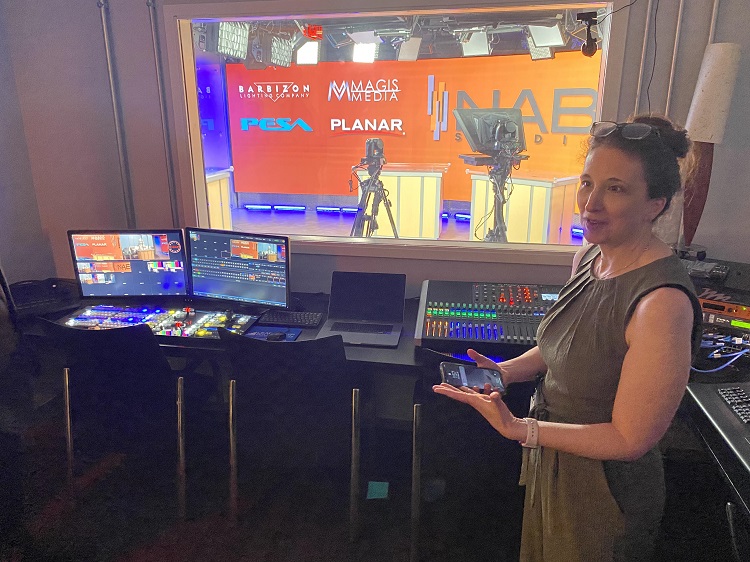
Radio World is an advocate of preserving our medium’s history. So I’m happy to learn that the National Association of Broadcasters and the Library of American Broadcasting Foundation plan to host a webinar this month “on the importance of documenting and preserving broadcast history for future generations.”
The webinar will air Aug. 23 at 2 p.m. out of NAB’s studio in Washington. [The photo of the studio above is from our 2022 profile of the association’s new headquarters.]
“LABF Co-Chair Jack Goodman and NAB Executive Vice President of Industry Affairs April Carty-Sipp will encourage broadcasters to catalogue their stations’ history, from historic news events to groundbreaking programming to thought-provoking interviews with local leaders,” the organizations tell us in their announcement.
“The webinar will also provide guidance for stations regarding what they should save, best practices for creating an inventory and where to store this data and information.
“Experts from the University of Maryland’s Special Collections and University Archives will share potential repositories for broadcast collections and items, as well as offer guidance related to the digitization of materials.”
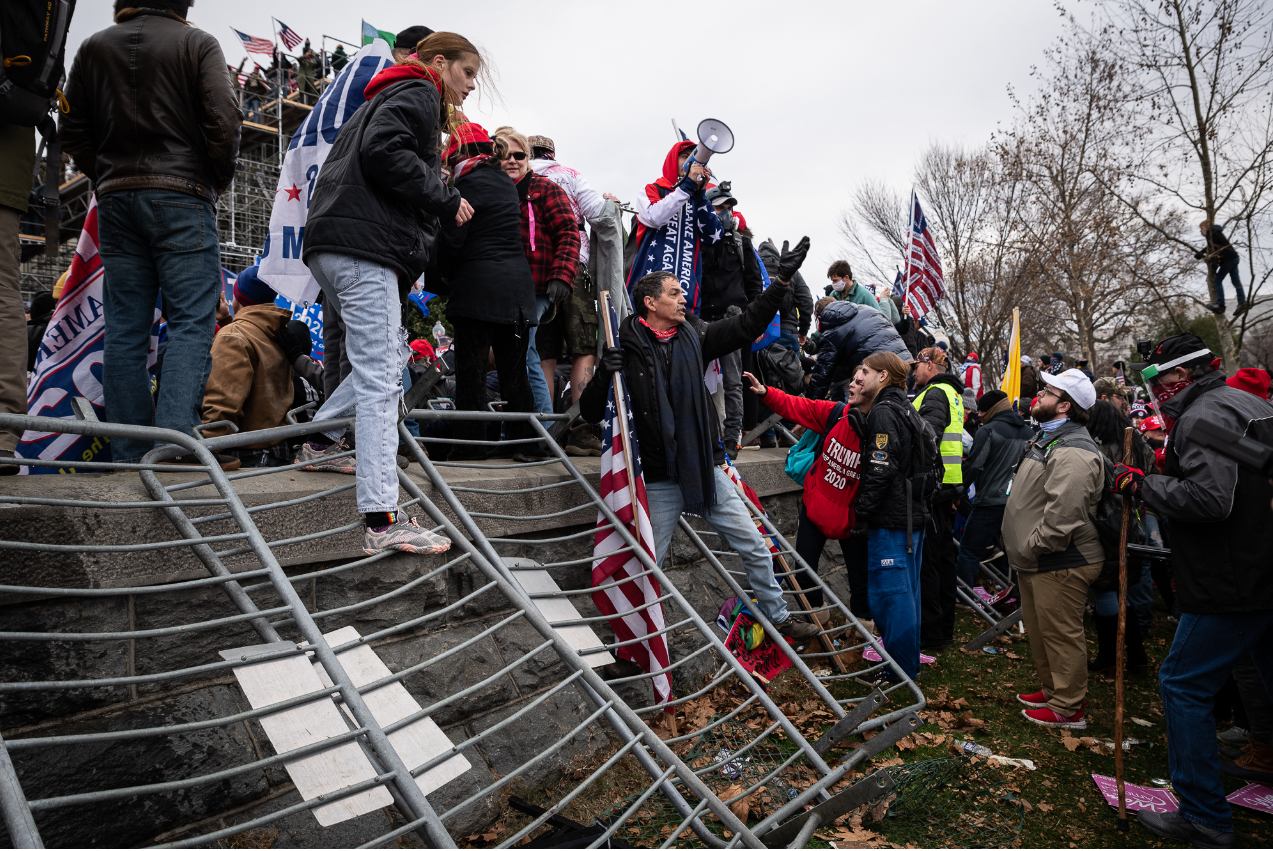
Then in October, LABF and NAB will hold a session at NAB Show New York in October about preserving content. It will be moderated by Steven Portnoy, national correspondent with ABC Audio.
And the first LABF Excellence in Broadcast Preservation Award will be presented to broadcasting archivist David Gleason. [Read our 2012 profile of Gleason.]
Hats off to Carty-Sipp and Goodman and his LABF Co-Chair Heidi Raphael, whose day job is chief communications officer for Beasley Media Group.
Preserving radio history is about more than cathedral radios and clips of Fibber McGee. It could be recordings of top 40 jocks in the 1970s, archives of contentious talk radio shows, clips of reporting from the U.S. Capitol on Jan. 6 2021 or the latest interview with The Weeknd. Whether your station is a small LPFM or a major-market boomer, it is contributing to radio history even as you read this.
And even though we are awash in digital media platforms, don’t be fooled that everything that you are broadcasting on TV, radio or social right now is going to be readily available in five or 10 years. Has your organization considered its own legacy?
(You can learn about another current effort to help preserve public broadcast history in our recent story “Mellon Money Helps Preserve Public Media Content.”)
Anything NAB and LABF do to help promote the preservation of broadcast history is welcome, but particularly in educating the commercial radio sector, where all too often that history has ended up in dumpsters because of a format flip, an ownership change, a loss of space to store old media or simple lack of interest. Register for the webinar here.





